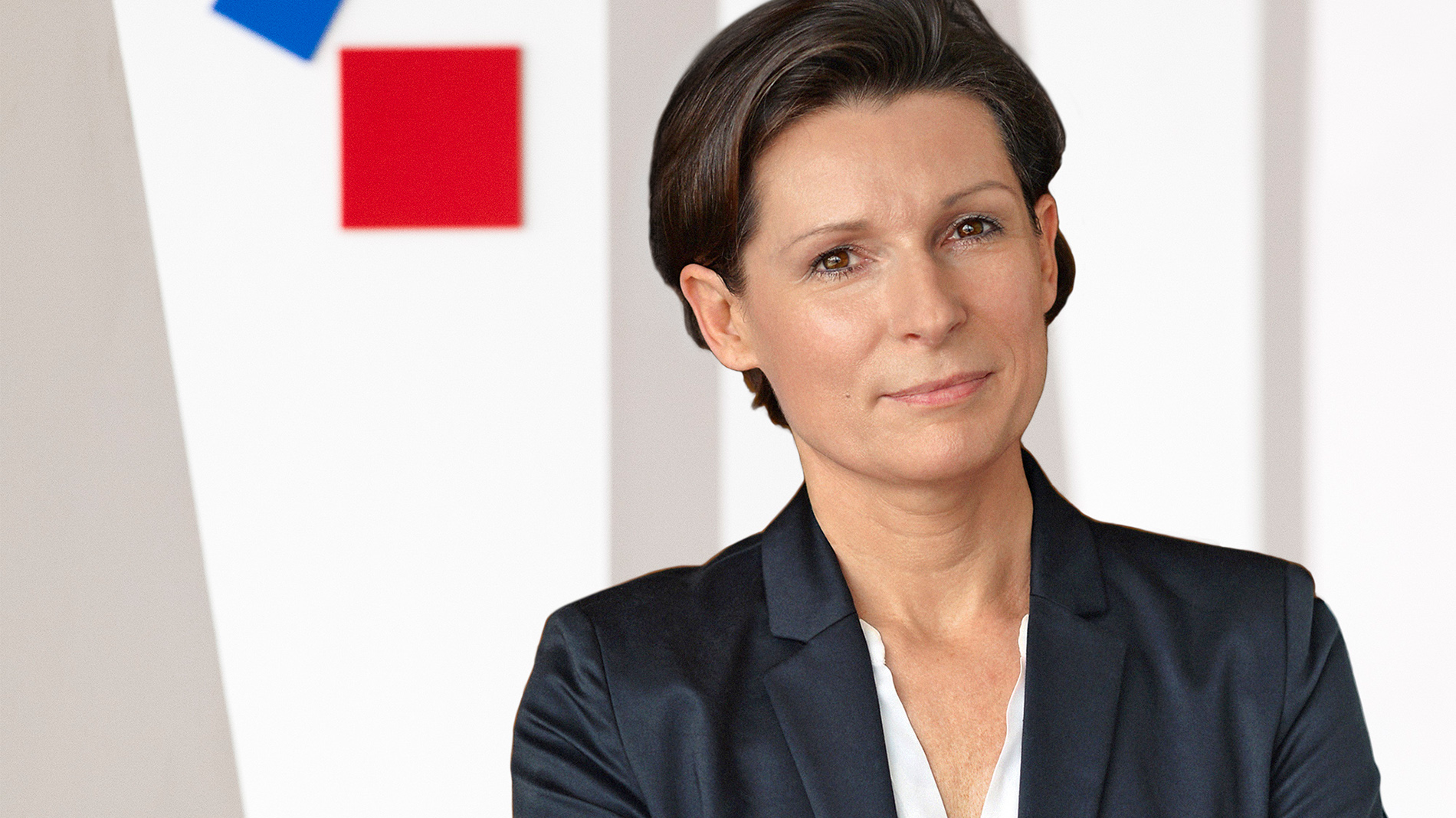January 2019

Ms Bergmann, what do you think trade fairs have to tackle in terms of digital trade fair marketing in 2019?
In the future, trade fairs will have to build up even more knowledge than before. At Messe Frankfurt, for example, we want to gain an even better understanding in future of the goals, wishes and expectations with which trade visitors come to trade fairs, how they want to be addressed and what added value we and the exhibitors can still offer them. We will also have to evaluate the existing visitor data even better and use it more efficiently than we have so far (blog link). Based on this, we can provide exhibitors more specific information about suitable target groups. They can then address these potential leads more efficiently and make business matchmaking more successful. This has enormous advantages for both sides, as trade fair visitors will receive information tailored to their needs and can organise their trade fair visit in the best possible way, while exhibitors are given the opportunity to have more promising trade fair meetings. We are already actively supporting our customers in this regard, but want to offer even better service in the future.
So you want to address trade visitors even more specifically. Are there any special characteristics among the target groups?
The millennials, or the generation born around the turn of the millennium, certainly plays a special role. It is the group that includes the future corporate decision-makers and is therefore of growing importance to exhibitors. In order to reach this group, however, a different approach is required than in the past, because millennials have different communication and information behaviour than older generations. Millennials are much easier to reach via social media. This means trade fairs have to attach greater importance to this area. Using social media for trade fairs means building relevance for the events. They have to attract attention and arouse desire. The aim is to tap into the target group’s “fear of missing out” by communicating that they shouldn’t pass up the opportunity to participate in the event. Organisers have to develop a certain skill set to use the social media channels professionally. In the future, organisers will have to take this into account more in their personnel planning.
What else will trade fairs have to take into account in communication in the future?
The personalization of content is becoming increasingly important. This is because customers are increasingly overwhelmed with an extremely diverse array of content. Trade fairs must ensure that they only provide the target group with relevant content that offers real added value. It is perfect when trade fairs can think outside the box and surprise visitors with tailor-made additional offers. With such personalised information, trade fair participants can ultimately make their visit even more efficient and successful.
What other trends do you see for 2019?
Trade visitors want orientation, both spatially and thematically. We therefore launched our interactive site plan this year, which brings together content from various services. Using the full-text search, visitors can search for locations of exhibiting companies and also get an overview of possible events at the respective exhibition stand, for example. This is made possible by intelligent links to other Messe Frankfurt digital applications such as the event calendar, exhibitor search or the cross-application reminder function. With these features and others planned for the future, we will be able to make trade fair visits even more exciting and efficient.
What do you think about the topic of trade fair “eventisation”?
Trade fairs do have to ensure that trade visitors are offered a certain experience in addition to the pure business component. In my opinion, it is important to find the right balance in this regard. That’s why it’s important to customize the way events are filled with experience components. This means that you have to consider what suits the event, how exhibitors feel about it and with what expectations and objectives trade visitors come to the fair. Only then can the trade fair concept be successfully adapted. This will certainly be increasingly the case in 2019.
Artificial intelligence is a trending topic. Does this also apply to Messe Frankfurt?
Artificial intelligence is definitely a topic for us. We see great potential here, for example, to be able to tailor personalisation even better to exhibitors and trade visitors. A lot of things are sure to change at Messe Frankfurt in this area.
Thank you for your insight, Ms Bergmann.
Tags
- Digital Services
- Digital Marketing
- Digital Trends